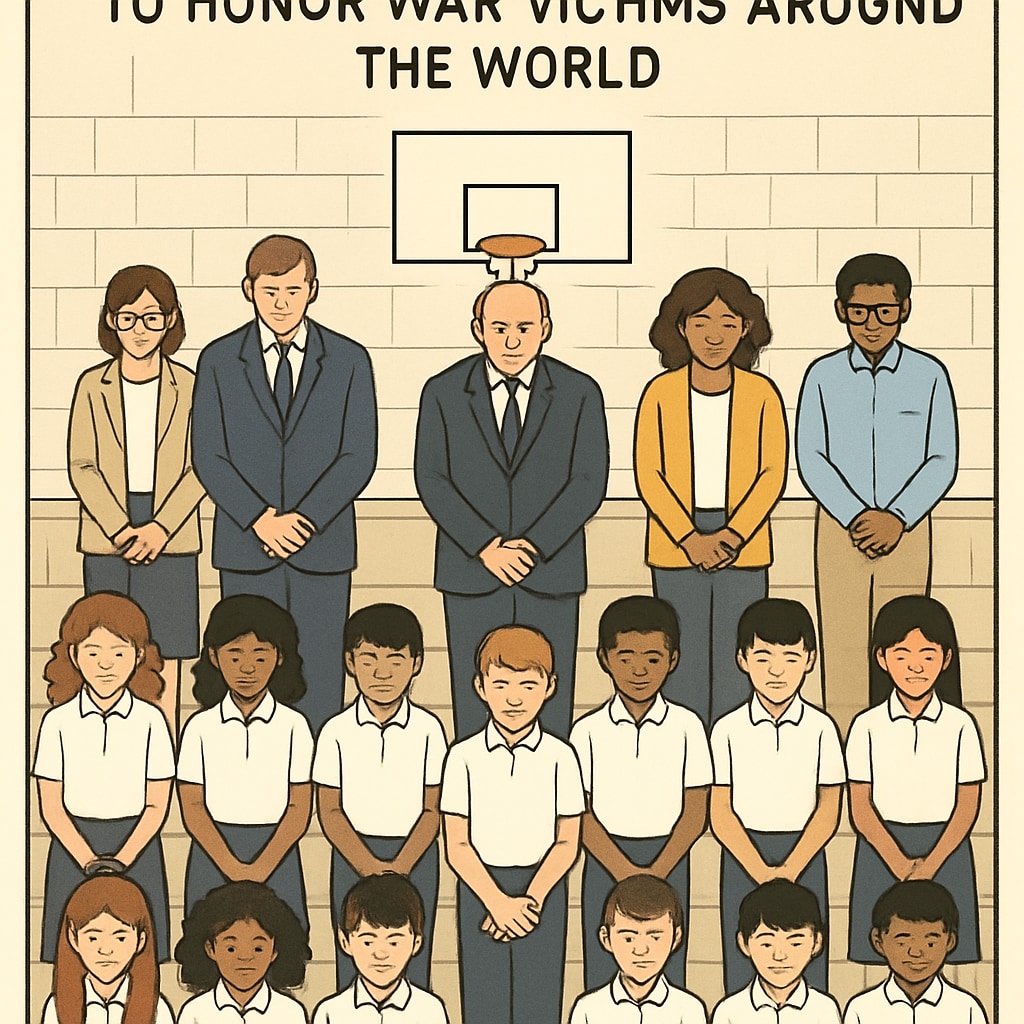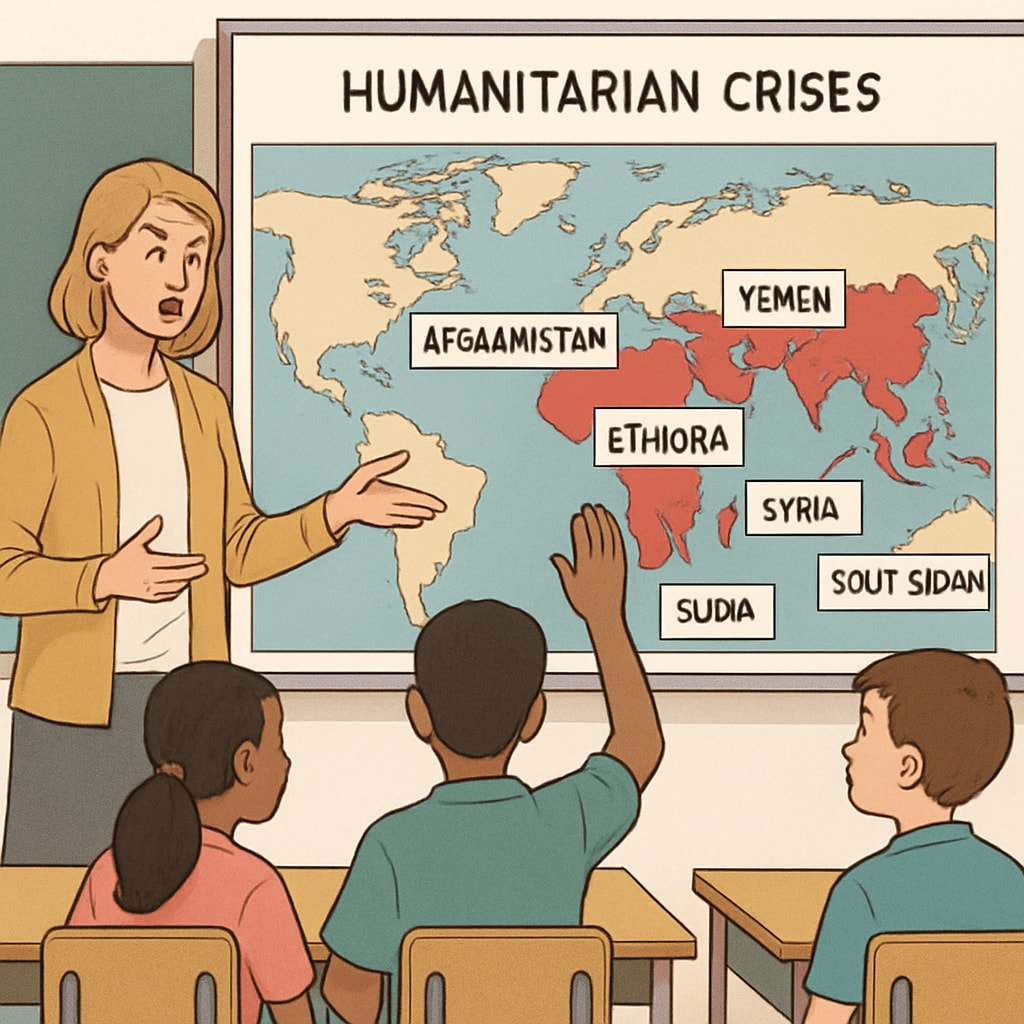The decision by schools to broaden a moment of silence for Gaza to honor all global war victims has sparked widespread debate. This “generalization” approach, intended to remain inclusive, raises questions about how educational institutions should handle politically charged humanitarian crises. The issue underscores the intersection between education, ethics, and global responsibility, forcing schools to reflect on their role in shaping students’ understanding of current events, such as the Gaza conflict, and broader themes like war, human rights, and genocide.
The Controversy: Generalizing a Gaza Moment of Silence
Recently, some schools proposed a moment of silence to honor victims of the ongoing humanitarian crisis in Gaza. However, in an effort to avoid potential political backlash, administrators opted to generalize the observance as a tribute to “all global war victims.” This shift has been met with mixed responses. Supporters argue that it prevents schools from appearing biased, while critics contend that it dilutes the specific focus on urgent crises, such as the Gaza conflict, where allegations of human rights violations and even genocide have been raised.
For example, the situation in Gaza has drawn significant international attention. According to the Encyclopaedia Britannica, Gaza has long been a focal point of geopolitical tension, with frequent reports of civilian casualties, displacement, and humanitarian challenges. Critics of the “generalization” approach claim that such actions overlook the urgency of addressing specific crises, which often require immediate and targeted awareness.

Education’s Role in Addressing Humanitarian Issues
Schools play a critical role in shaping students’ awareness of global issues. However, addressing conflicts like Gaza in an educational context can be fraught with challenges. Political neutrality is often prioritized in schools, but this can result in a reluctance to directly address pressing humanitarian crises. As a result, students may be left ill-equipped to understand the complexities of such events or their ethical implications.
Despite these challenges, avoiding specific issues like the Gaza conflict in favor of generalized observances risks diminishing the relevance of education in fostering critical thinking and compassion. Teachers and administrators must balance political sensitivities with their responsibility to educate students about pressing global issues. For example, the Universal Declaration of Human Rights provides a framework for discussing human rights violations in an objective and educational manner, helping students engage with such topics constructively.

Striking a Balance: Courage, Clarity, and Responsibility
To navigate these challenges, schools need to adopt a balanced approach that incorporates courage, clarity, and responsibility. Here are a few strategies to consider:
- Contextual Education: Provide students with historical and political context about specific conflicts like Gaza, emphasizing the root causes and humanitarian impact without promoting political bias.
- Open Dialogue: Encourage open discussions where students can express their thoughts and questions about global issues, fostering empathy and critical thinking.
- Collaborative Activities: Organize projects that connect students with humanitarian organizations, allowing them to contribute positively to global issues.
By implementing these strategies, schools can empower students to engage meaningfully with the world, fostering a generation that values human rights and justice.
Conclusion: A Call for Educational Courage
The debate over generalizing a Gaza moment of silence underscores the broader tension between education and politics. While a generalized approach may seem politically “safe,” it risks undermining the urgency and importance of addressing specific humanitarian crises. Schools must embrace their role as platforms for awareness and action, guiding students to confront global challenges with knowledge, empathy, and responsibility.
In the face of conflicts and crises, such as those in Gaza, education should not shy away from the truth. Instead, it should inspire students to become informed, compassionate global citizens who are unafraid to confront the complexities of the world around them.


